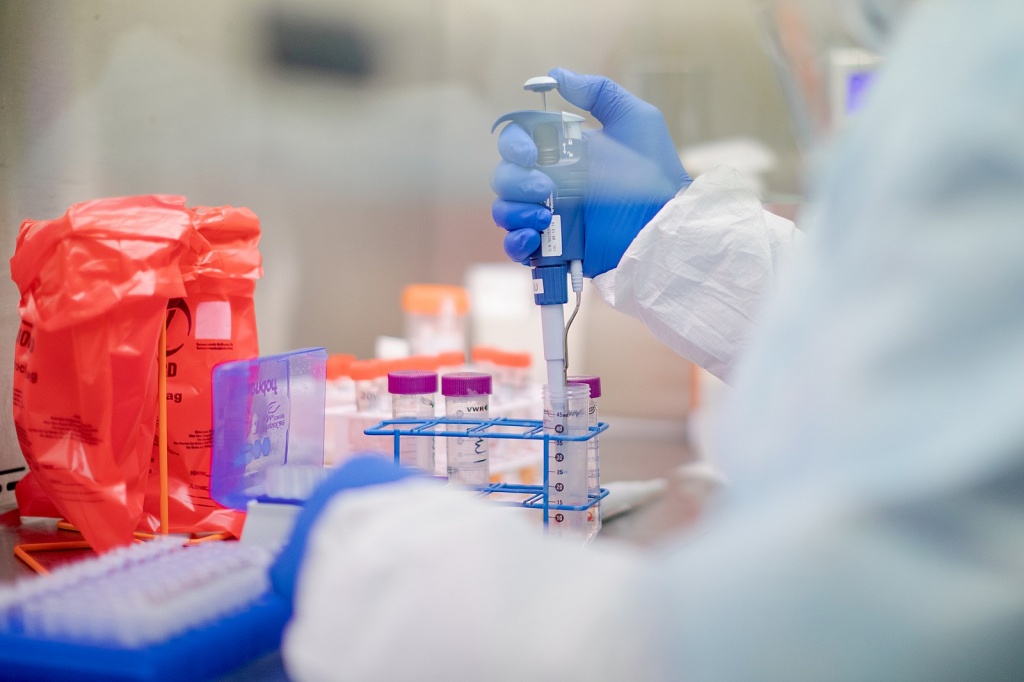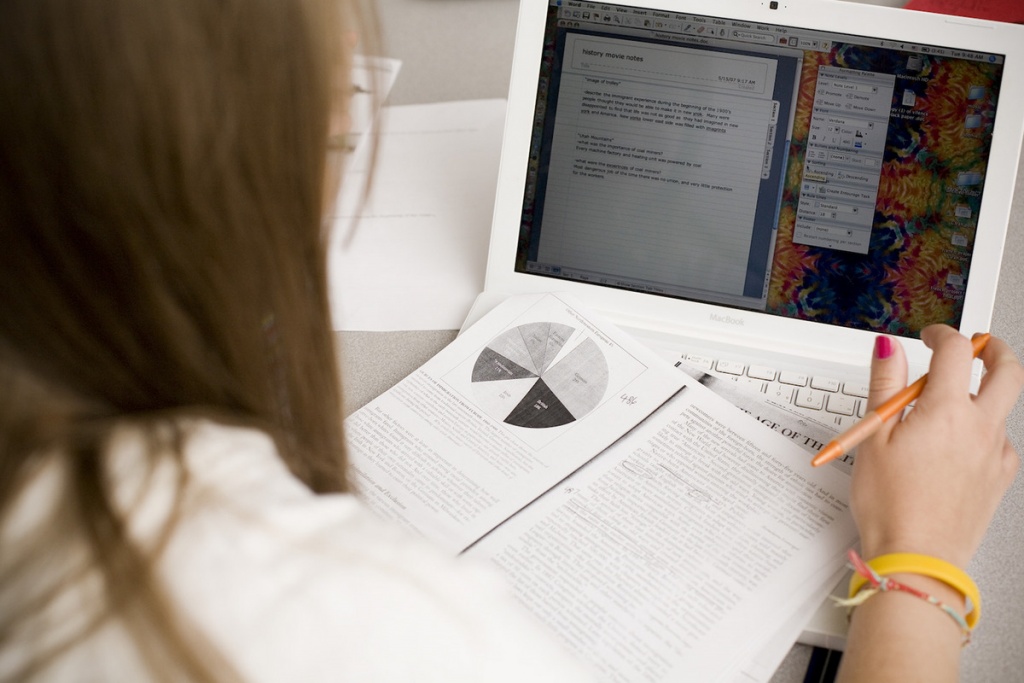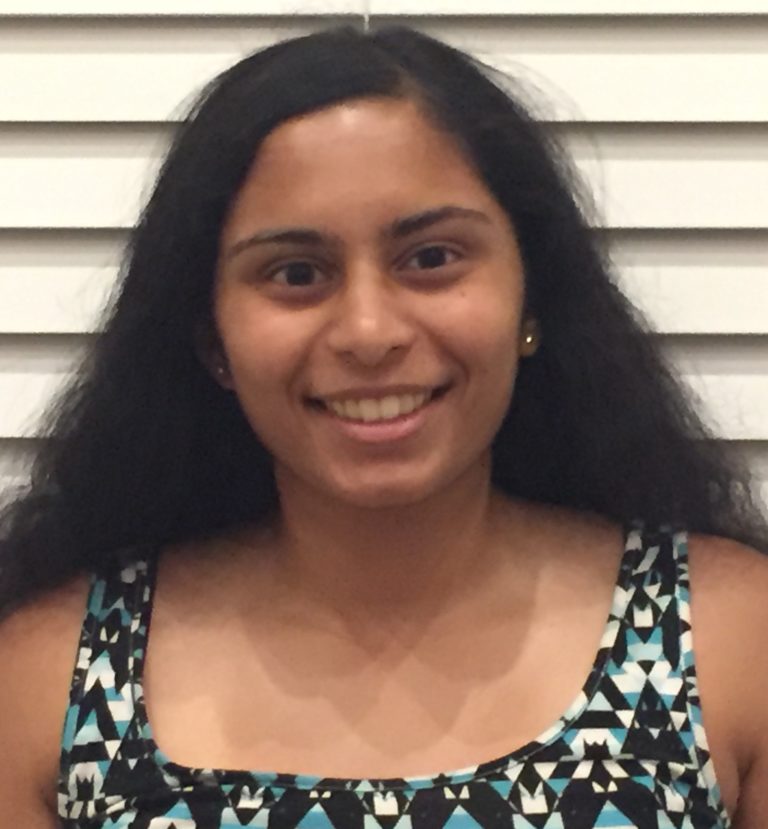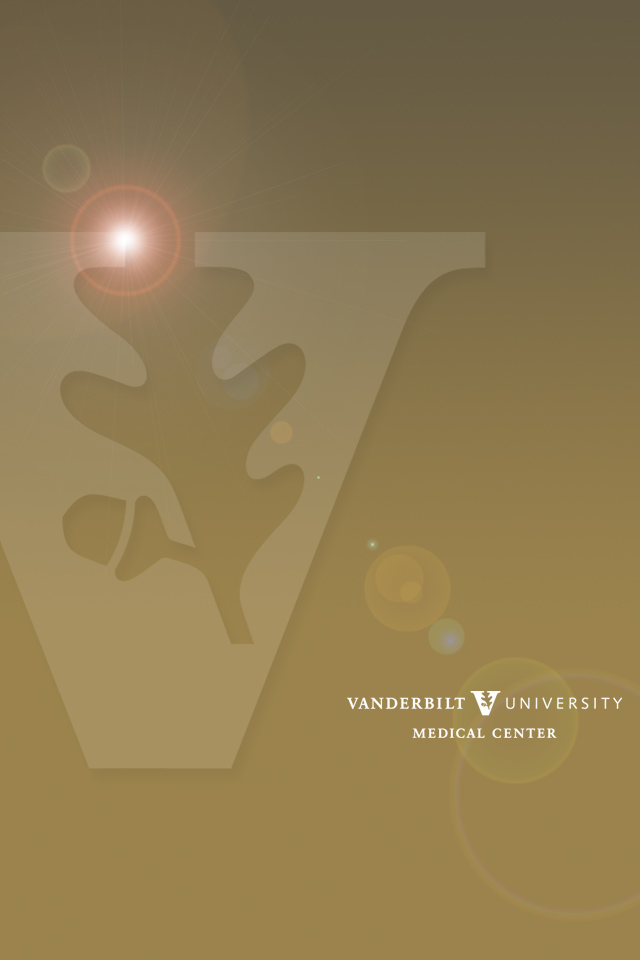Educational Enrichment and Outreach in CPMi
A unique attribute of the CPMi is its focus on personalized microbiology, a focus that melds the disciplines of informatics and microbiology with diverse disciplines focused on disease. We, therefore, are well positioned to create a truly transformative educational experience for our members, through the administration of immersive experiences that bring these distinct areas of expertise together.
The Educational Enrichment program described below, will aim to provide immersive, hands-on, educational experiences not only to individual trainee groups but to the groups as teams of fellows and students learning together, in an inclusive environment that fosters teamwork and collaboration, while capitalizing on technology and synergizing with other centers and institutes across the Vanderbilt University and Medical Center. Below, are our educational goals:
Synergize CPMi efforts with other Institutes and Centers at Vanderbilt by coordinating activities and seminar series with Vanderbilt entities that have missions relevant to CPMi.
- Given the existing Vanderbilt structures upon which the CPMi is building, we are currently coordinating activities with the following Vanderbilt entities that have missions relevant to MBBUD: The VI4, the Vanderbilt Institute for Clinical and Translational Research (VICTR); the Center for Precision Medicine, and; the Vanderbilt Microbiome Initiative.
- The next CPMi focused seminar will occur on March 16, 2021, for a VI4 Seminar by Dr. Ashlee Earl from the Broad Institute.
Foster Research Immersion Training Experiences.
The CPMi will connect trainee communities creating a culture of collaboration and teamwork in the following manner:
(1) Transdisciplinary Training for Urology Fellows: A Phased Approach
a. Tool Building
Research Fellows from Female Pelvic Medicine and Reconstructive Surgery Fellowship, Endourology and Stone Disease and Pediatric Urology will be involved in various degrees with the educational activities. Specifically, the Pediatric Urology fellows, who have 12 months of protected research time during the first year of their fellowship, will have the opportunity to engage in hands-on training and research within the Schmitz, Hadjifrangiskou and Bordenstein laboratories in a rotation-style manner:
- In the Schmitz laboratory, Pediatric Urology Fellows will learn the basics of the clinical microbiology laboratory workflow and become acquainted with how biobanking takes place (1 month).
- Following orientation in the Schmitz lab, trainees will learn the basics of microbiological techniques and genetic manipulation, while engaging in a larger research group setting. In this space, the skills of genomic DNA isolation will be taught (2 months).
- Hadjifrangiskou-Schmitz training will continue with fellows learning the basics of whole genome sequencing, genome assembly and genome analysis (4 months).

Research Fellows from Female Pelvic Medicine and Reconstructive Surgery Fellowship, Endourology and Stone Disease and Pediatric Urology will be involved in various degrees with the educational activities. Specifically, the Pediatric Urology fellows, who have 12 months of protected research time during the first year of their fellowship, will have the opportunity to engage in hands-on training and research within the Schmitz, Hadjifrangiskou and Bordenstein laboratories in a rotation-style manner:
- In the Schmitz laboratory, Pediatric Urology Fellows will learn the basics of the clinical microbiology laboratory workflow and become acquainted with how biobanking takes place (1 month).
- Following orientation in the Schmitz lab, trainees will learn the basics of microbiological techniques and genetic manipulation, while engaging in a larger research group setting. In this space, the skills of genomic DNA isolation will be taught (2 months).
- Hadjifrangiskou-Schmitz training will continue with fellows learning the basics of whole genome sequencing, genome assembly and genome analysis (4 months).
During the tool building phase, all fellows from the three participating fellowship programs will attend seminars described in Aim IIIA, participate in teaching opportunities presented by the Vanderbilt Undergraduate Training Initiative (VUTI, see below) and will continue regular meetings with their respective fellowship directors. Notably, our seminars will be broadcasted via teleconference, which will enable fellows from other participating Centers across the country.
b. Research Project Immersion
Upon completion of the “Tool building” phase step (ii), research fellows engage in dedicated research focused on aspects of Research within CPMi current upon discussion with the corresponding Project PI. Conversely, a novel project can be initiated by the research fellow that will be pursued for the remainder of the research fellowship duration.
(2) The Vanderbilt Undergraduate Training Initiative (VUTI)
This initiative has been spearheaded by the AdCore Director with the purpose of providing to undergraduates an early introduction to the importance of understanding host-microbe biology and its implications on human health. The initiative currently comprises seven undergraduate students from within and outside Vanderbilt. The initiative encompasses virtual instruction and – upon institutional approval – an in-person research immersion experience.
Click here to watch previous VUTI lectures!
a. Virtual Course Overview
The objective of this virtual course is to provide learners with evidence-based learning, while enhancing critical career development/advancing skills, including but not limited to: figure making, creation of effective presentations; summarizing the literature; composing information for case studies; and analyzing data. Students involved in learning opportunity will have the opportunity to learn about a problem in bacterial pathogenesis, will be assigned a project to research and learn the process of experimental design. To facilitate learning concepts, there will be:

- Didactic instruction in basic concepts of microbial physiology taught by Dr. Hadjifrangiskou and members of her research group.
- Instructional seminars in case studies/diagnostic work, as it occurs in the clinical microbiology laboratory. This will enhance participant understanding in how knowledge translates to the clinical setting. This is currently undertaken by Dr. Gerald VanHorn, an integral member of the Schmitz laboratory and a board-certified ABMM scientist.
- Instructional seminars in case studies/diagnostic work, as it occurs in clinical practice (anticipated). This will enhance participant understanding in the day-to-day life in a urology-related career. This section will be team-taught by the team of clinical fellows (anticipated 1-2 cases per person per year).
- Practical instruction in digital resources that can be leveraged towards research (PubMed/NCBI, MistDb, KEGG, bacteria-specific websites, iBiology etc).
- Career development skills, such as networking, writing practice, CV/resume building, lightning presentations, chalk talks.
- Didactic instruction in basic concepts of microbial physiology taught by Dr. Hadjifrangiskou and members of her research group.
- Instructional seminars in case studies/diagnostic work, as it occurs in the clinical microbiology laboratory. This will enhance participant understanding in how knowledge translates to the clinical setting. This is currently undertaken by Dr. Gerald VanHorn, an integral member of the Schmitz laboratory and a board-certified ABMM scientist.
- Instructional seminars in case studies/diagnostic work, as it occurs in clinical practice (anticipated). This will enhance participant understanding in the day-to-day life in a urology-related career. This section will be team-taught by the team of clinical fellows (anticipated 1-2 cases per person per year).
- Practical instruction in digital resources that can be leveraged towards research (PubMed/NCBI, MistDb, KEGG, bacteria-specific websites, iBiology etc).
- Career development skills, such as networking, writing practice, CV/resume building, lightning presentations, chalk talks.
Here's what our students have to say!
"Under the mentorship of my lab members, I have refined my independent critical thinking skills by learning how scientists work on problems. The process of carrying out an independent research project has improved my ability to integrate theory and practice."
"Doing research in the Hadji lab greatly improved my scientific literacy, fostered my intellectual curiosity, and helped me to understand the scientific process in a way that classroom time could not have. I also feel that I gained a variety of skills that are applicable outside of research, including experience working with others, presentation and writing skills, and improved confidence in my academic ability. Having the opportunity to take research for credit rather than additional classroom electives was by far one of the most valuable parts of my degree and one of the experiences during my time at Vanderbilt that I feel has most prepared me for my future goals."
Alumni of the VUTI course:

Omar Amir
Vanderbilt University

Adebisi Bamidele
Vanderbilt University

Neha Dudipala
Vanderbilt University

Alexis Hollingsworth
Vanderbilt University

Brittany Polevikov
Vanderbilt University

Bennett Schneier
Vanderbilt University
Related Seminar Series:

